Yahya Sinwar: The Death of a Palestine Resistance Icon
Israel has claimed that it has killed Yahya Sinwar, the 62-year-old Hamas leader, in a targeted assassination. If confirmed, this would mark a significant moment for Hamas, leaving uncertainty about the future leadership of the group in Gaza. Sinwar, who had spent his life organizing resistance against Israel, rose to prominence within Hamas and became its political chief after the assassination of Ismail Haniyeh in a suspected Israeli attack in Tehran on July 31. Hamas has not yet responded to Israel’s claim, which emerged amidst escalating violence, raising fears of a broader regional conflict.
Israeli reports claim that Sinwar was killed in Rafah during a firefight with their troops. It remains unclear why he was out in the field with fighters or if he had been overseeing military operations from above ground the entire time.
Killing Sinwar was a major objective for Israel, with him being marked for death soon after the 7 October attacks. The Palestinian leader based in Gaza has been Israel's top target. Before assuming leadership of Hamas’s political bureau, he served as the group’s highest-ranking official in Gaza. However, his death does not bring an end to the war in Gaza. Throughout the war, Sinwar was not seen publicly, leading to assumptions that he was in hiding. Some media reports speculated that he was deep within Hamas’s tunnel network.
Although Netanyahu declared that he had "settled the score," he emphasized that the war would continue, particularly in efforts to rescue the hostages still being held by Hamas.
Sinwar, born in the Khan Younis refugee camp in Gaza in 1962, was a key figure in Hamas for decades. His family were refugees from Majdal Askalan, now Ashkelon, following Israel’s creation in 1948. Sinwar earned a BA in Arabic studies from the Islamic University of Gaza and founded Hamas’s security service, Majd, in the late 1980s, which targeted suspected Palestinian collaborators with Israel. After completing his studies, he played a key role in forming a network of fighters to launch armed resistance against Israel. This group would later evolve into the Qassam Brigades, Hamas’s military wing. He was imprisoned and sentenced to four life terms by Israel in 1988 but was released in a 2011 prisoner exchange for Israeli soldier Gilad Shalit.
Throughout his life, Sinwar remained a defiant figure, gaining influence even while imprisoned, learning Hebrew fluently, and leading Hamas in Gaza since 2017. His death, if confirmed, comes at a time of growing conflict in the Middle East. Israel is currently engaged in hostilities with Hezbollah in Lebanon, while Iraqi groups and Houthis have launched drones and missiles at Israel, prompting U.S. military responses in Yemen. Israel is also preparing for retaliatory strikes against Iran, following an Iranian missile assault on Israeli military bases. Despite the widening violence, U.S. officials have expressed hope that Sinwar’s death may contribute to ending the conflict.
Sinwar's leadership, shaped by his experience in both political and military roles, has left a lasting impact on Hamas, particularly in its ongoing resistance to Israel’s occupation of Gaza.
Disclaimer
The views expressed in this article are the author’s own and do not necessarily mirror Islamonweb’s editorial stance.

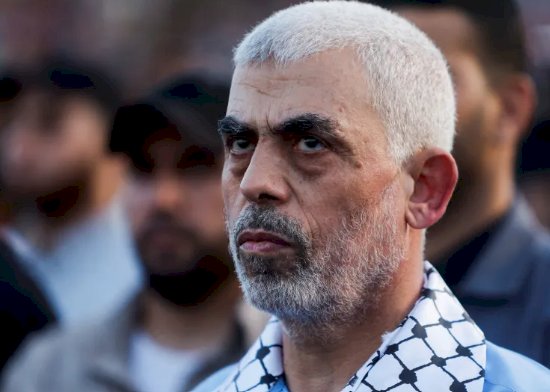



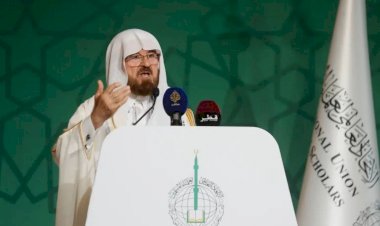
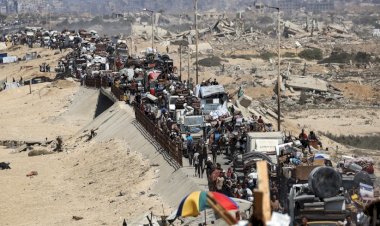

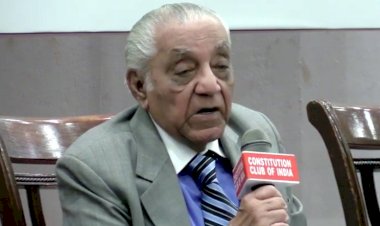
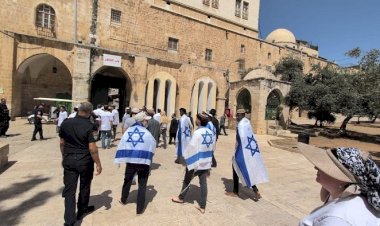














Leave A Comment